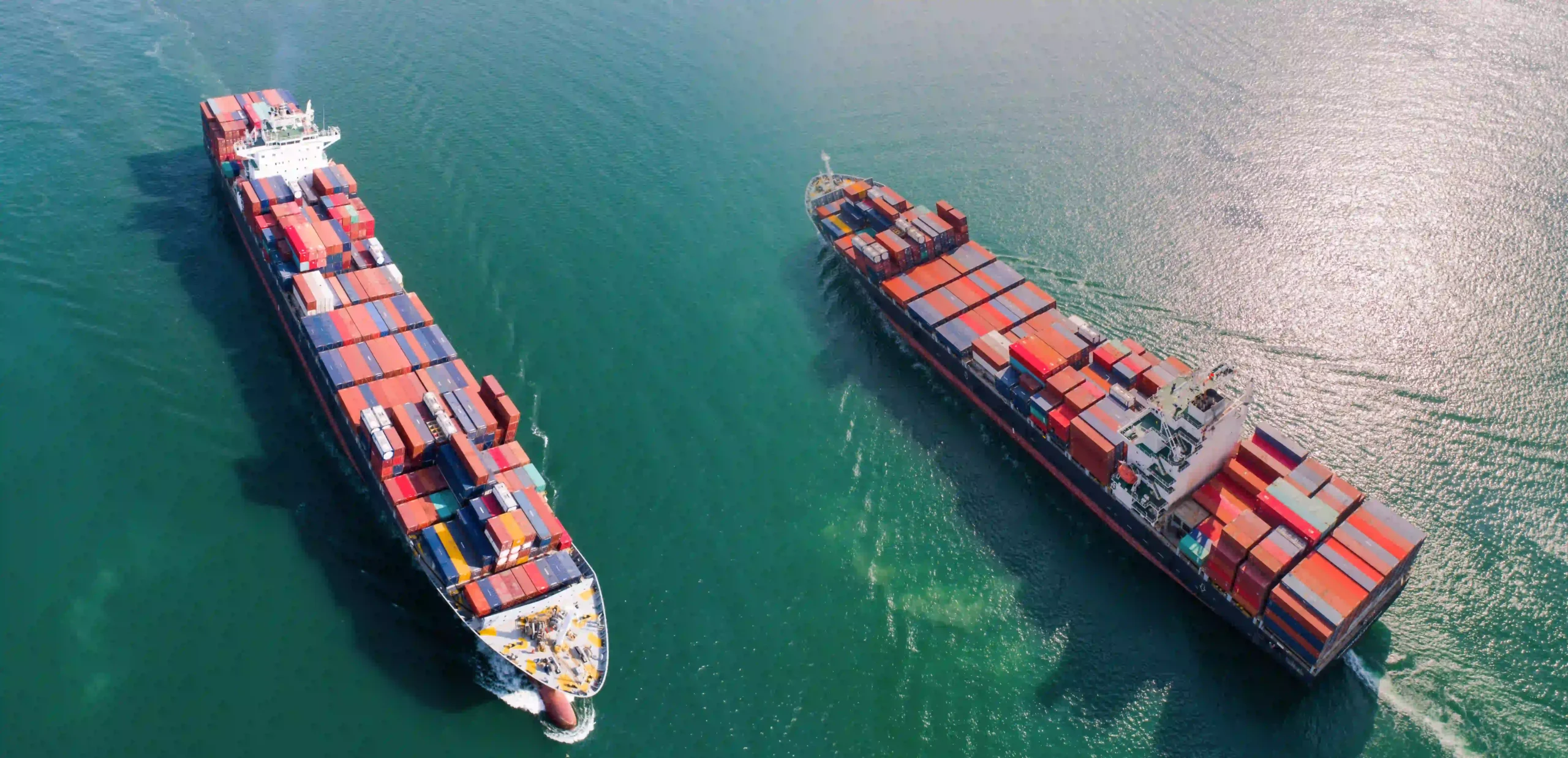18 Dec 2024
Mahabad: Oil, the Peshmerga, and the Collapse of the Kurdish Dream
The Kurdish dream of establishing an independent state was on the verge of realisation after centuries of demands in Jan. 1946. This came when “Qazi Mohammad,” the Iranian Kurdish leader, declared the establishment of the Mahabad Republic in the province of the same name, now part of the Islamic Republic of Iran. However, this dream quickly dissipated when the Soviet Union withdrew its financial support for the nascent state. The intensification of the economic blockade on the region further compounded the situation, preventing the entry of food supplies and reducing agricultural production. These pressures led to dramatic shifts in the loyalties of Kurdish tribal leaders who had initially allied with “Qazi” during the state's formation, hoping to secure a share of Soviet financial and food aid.
The food situation worsened over time, pushing some leaders of the Mahabad army to leave the capital, especially as Iranian forces were nearing its entrance, leaving the Kurdish leader and a small Kurdish group behind to face an unequal battle with the Iranian army. Therefore, to spare Kurdish blood, it was decided to surrender on December 15 of the same year, leading to the Iranian army's occupation of Mahabad and the declaration of the state's fall. In the end, “Qazi” was executed in March 1947, marking the end of the closest attempt to establish a Kurdish state.
About a quarter of a century later, the Iraqi Federal Supreme Court issued a series of rulings regarding Iraqi oil exported by the Kurdistan Region of Iraq. The latest ruling, issued in Feb. 2024, mandated the Kurdistan Regional Government’s Council of Ministers to hand over all oil and non-oil revenues to the central government in Baghdad. This could have a dual impact similar to that caused by the cessation of financial support and the Iranian blockade on the Mahabad army, but this time it affects the Peshmerga forces that represent the hope for preserving the “autonomy” of the Kurdistan Region of Iraq considered the second closest Kurdish attempt at establishing a national homeland for the Kurds.
Therefore, the First Part of this paper addresses the political situation of the Kurds, focusing on the status of the region in the Iraqi Constitution, the contentious issues between the region and the federal government, and the impact of these disputes on the continuity and existence of the Peshmerga. The Second Part reviews the economic situation, examining the effects of the series of judicial rulings on the conditions that undermine the autonomy of the regional government in selling oil and the repercussions of this on the Peshmerga as a Kurdish defence force that protects the “autonomy” of the region, forming the last line of defence against its collapse.
25 Feb 2023
Radical Transformations: Repercussions of Russian Oil Price Cap on Global Energy Trade Paths
In February 2023, the European Union (EU) agreed to set a price cap on Russian refined oil products at $100 per barrel. The EU also set the price cap on Russian crude oil at $45 after setting it at $60 per barrel in cooperation with the Group of Seven (G7) countries in early December 2022, according to a periodic review every two months.
The European decision aims to control energy prices generally and stop price fluctuations that have affected global markets since the Covid-19 pandemic and the following events, particularly the commodity supercycle and the Russian-Ukrainian war. Furthermore, the Europeans aim to cut off the funding sources from the Russian federal budget that funds the military operation in Ukraine. In 2021, Russia exported oil worth around $212.4 billion of its $492.3 billion total exports to the rest of the world.
In response, the Russian government issued a decree on December 28, 2022, prohibiting the export of crude oil and petroleum products to countries with imposed price caps. Europe is the third-largest oil importer in the world after China and the United States. Conversely, Russia ranks first on the list of suppliers to the European continent while ranking second worldwide regarding oil exports. Therefore, we track in this article how the price cap decision may alter the global energy transmission paths.
14 Feb 2023
New Gulf: Russo-Ukrainian War and Emergence of North Africa’s Energy Sector
The Russian-Ukrainian war created significant uncertainty in the world’s energy markets and disrupted trade relations between the second-largest energy exporter and the second-largest energy importer. This disruption strongly signals a shift in the global energy supply chains, as indicated in a previous analysis. In the short term, Europe is expected to turn to the Arab Gulf to fill the gap left by the lack of Russian energy products.
However, in the long term, Europe will need to find sources that are highly sustainable, affordable, and less harmful to the environment than oil. This is because petroleum usage is incompatible with the European Green Deal (EGD), which aims to achieve carbon neutrality for the entire European continent by 2050. Furthermore, the EGD seeks to reduce greenhouse gas emissions from the mainland by around 55% below 1990 levels by 2030, which is unattainable with continued oil usage.
As a result, Europe will turn to its neighbours, particularly those in North Africa, who possess a variety of energy sources that can help it achieves its objectives and guarantee energy sustainability. Thus, this article explores Europe’s energy requirements and assesses the potential of North Africa’s energy resources to meet these requirements.


